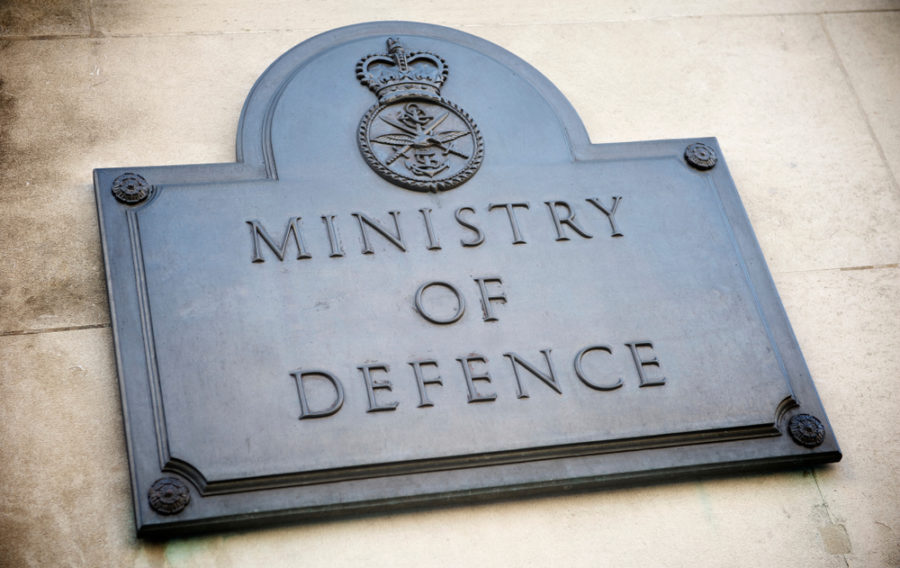
The Spending Review and the UK’s Strategic Priorities seeks to explain the UK’s defence and international spending, and what it tells us about the strategy underlying the government’s Integrated Review.
In contrast to previous national security reviews, the 2021 Integrated Review (IR), published in March, was not accompanied by a multi-year spending review. The publication of the Spending Review in November 2021 (SR21) filled this gap.
While total defence spending, in real terms, is set to increase by an average annual rate of 1.5% over the next five years, a new RUSI Report concludes that this “is less impressive compared with the significant increases in the budgets” most other departments have received and that the Ministry of Defence (MoD) “is near the bottom of the Whitehall league table of spending growth rates”, with only the Foreign, Commonwealth & Development Office (FCDO) receiving a lower rate of growth.
One of the central arguments of the IR was that UK foreign policy had become too disconnected from domestic interests. Yet the UK’s international credibility depended on its economic success, as well as its political and social cohesion, even more than before. As the IR states, “military competition is only one facet of inter-state competition, and economic and technological factors are more important to the country’s long-term resilience and competitive edge”.
The report goes on to suggest that “far from being a harbinger of a shift to a low-tax, free-market approach for economic policy” the Reviews signalled a shift in the opposite direction with the “UK now more economically interventionist, and with higher levels of both spending and taxation, than any government since the 1970s.”
The Reviews also show a radical shift in how and where the MoD is spending its budget. While the MoD will face serious choices in reducing its running costs, the Spending Review has confirmed a steep increase in investment in modernisation of the armed forces, which has the additional benefit of securing regional prosperity in terms of jobs in the defence industry.
FCDO spending is expected to reflect UK strategic priorities, with “infrastructure financing overseas, as well as climate security, biodiversity and humanitarian assistance” taking priority over poverty reduction.
The official development assistance (ODA) budget shows significant cuts to aid spending in Africa and the Middle East, while aid spending levels in “Southeast Asia, the Caribbean, Europe and the Overseas Territories, have all been relatively protected”. A new International Development Strategy is due to be published in early 2022, and that may provide additional information showing the extent of this shift in ODA spending towards supporting national economic interests.
If you would like to join our community and read more articles like this then please click here.







